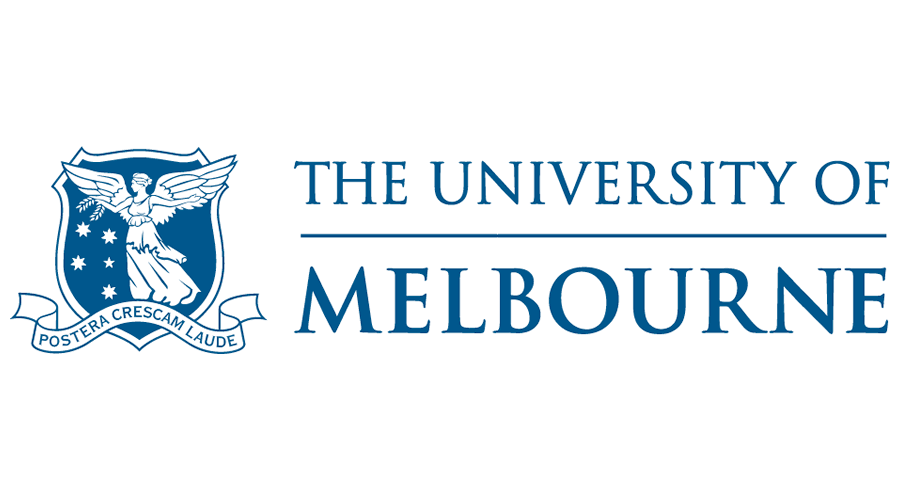Realising the Benefit of Augmented Reality (AR) Devices in Military Applications
Project Summary
While Augmented Reality (AR) activities are increasingly important, there are certain key problems that limit the effectiveness of the technology. For example, 30-40% of the population are stereo blind, yet AR relies on stereo vision. There are open questions concerning how the conflict between AR demands and natural viewing impact spatial attention and cognitive performance, especially under fatigue.
The research for this project was supported by simulation and modelling to understand risks and identify ways of realising enhanced capabilities through development of a prototype adaptive AR interface.
Project Outcomes
This project investigated the effects of compromised stereo vision and fatigue on performance of tasks in virtual reality (used to mimic augmented reality).
The project team developed a methodology to quantify how compromised stereo vision might impact performance for AR based tasks, when rested and under fatigue. This included continuous measurement of behaviour including eye movements and performance on cognitive tasks.
The results indicate that compromised stereo under fatigue does impact performance. Participants with low stereo showed systematic differences compared to those with “normal” stereo. Participants with low stereo had lower Subjective Sleep Quality ratings under fatigue, lower workload and more variable eye movement metrics. Interestingly, they also responded differently to fatigue for target detection during different modes of control.
More work is needed to understand how compromised stereo impacts performance and how it changes over time.
Further work could also be undertaken to develop a working prototype of a HMI that could be re-configured depending on the operator’s capabilities (for example, under fatigue and/or compromised stereo) and demands of the environment.






